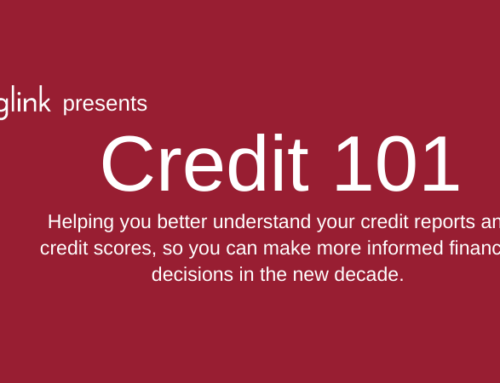Banks are always introducing new “products” to make our lives easier. But you can bet your last dollar that if bank didn’t think they’d somehow make money, they wouldn’t be offering it to you.
Credit cards allow you to borrow up to your credit limit, which usually exceeds the amount of cash in your checking account. You’re not actually borrowing real dollars, you’re borrowing the credit card company’s money. In many cases, banks offer credit cards, so you’re borrowing the bank’s money.
Cash debit cards are a cross between credit cards and checking accounts. You can pay for your goods and services with the cash debit card just as you would a credit card. But instead of borrowing the credit card company’s money, the money comes directly from your checking account.
The good news is that you’re paying for your goods and services with cash, not credit. Your cash debit card is also usually tied into your bank accounts so you can use it through ATM (automated teller machines) to withdraw money. (One card, two functions!)
The bad news is that if you’re the kind of person who pays off your credit card bill in full at the end of each month, you’re using your money, not the credit card company’s to buy those goods and services.
Also, many banks have a daily spending limit on cash debit cards. Even if you have $10,000 in your checking account you may only be able to withdraw a few hundred dollars a day. And, if you overdraw your account, the bank charges you additional fees. Actually, some banks charge you as much as 75 cents to $1.50 per transaction anyway on a cash debit card — and it’s your money!
Some cash debit cards don’t offer the same kinds of purchasing protections as a credit card. With a regular Visa or MasterCard charge card, you’d be covered from ground zero if someone stole your card and bought a Mercedes with it.
When first introduced, cash debit cards covered you from about $50 on up only if you reported the card stolen within 24 hours. After that, you were basically on the hook for everything else. Today, some cards cover you from ground zero in case of theft, and some don’t. If your card is stolen and someone taps your account, and if you bounce a check or two in the meantime because it takes your bank a few days to straighten out your account and give you credit, most banks will automatically refund your bounced check fees. They may not refund other fees you’re charged, however. You’ll have to read the fine print carefully.
PERSONAL FINANCE TIP: Clearly, banks hope to use cash debit cards to lure more folks away from using credit cards, hoping they’ll instead pay more fees to the bank.
Great. What’s in it for you? You might have easier access to the cash in your checking account (but so might thieves, who at least in the short term may not even need to use a PIN (personal identification number) to access your cash. And if your card is stolen, it can take weeks to get your money back.
Credit cards offer a few advantages, namely, you’re building up your credit (provided you’re paying it off on time) because you’re actually borrowing money. With a cash debit card, you’re not.
Also, because siphoning cash from your checking account is so easy, and you aren’t carrying a check register with you, you might go overboard and start bouncing checks. You may not get all the consumer protection rights you would with a credit card company (in case that mink stole isn’t really mink, or it was stolen within 90 days, or it never arrived from the store where you bought it).
Finally, some airlines and car rental agencies don’t accept cash debit cards (even if they have the Visa or MasterCard logo on them) because they aren’t a measure of your creditworthiness.
The Bottom Line
What should you do? If you don’t mind using two different cards (a credit card and an ATM card), and you pay off your credit card balance in full each month, you should probably keep doing what you’ve been doing. If you feel a credit card is too much of a temptation, and you don’t want to mess with checks, a cash debit card might be just the ticket.
Just remember: If your bank is pitching you on new “products” to use, it probably means they’re going to be better off if you use it than you are.
Published: Oct 17, 2003






Leave A Comment